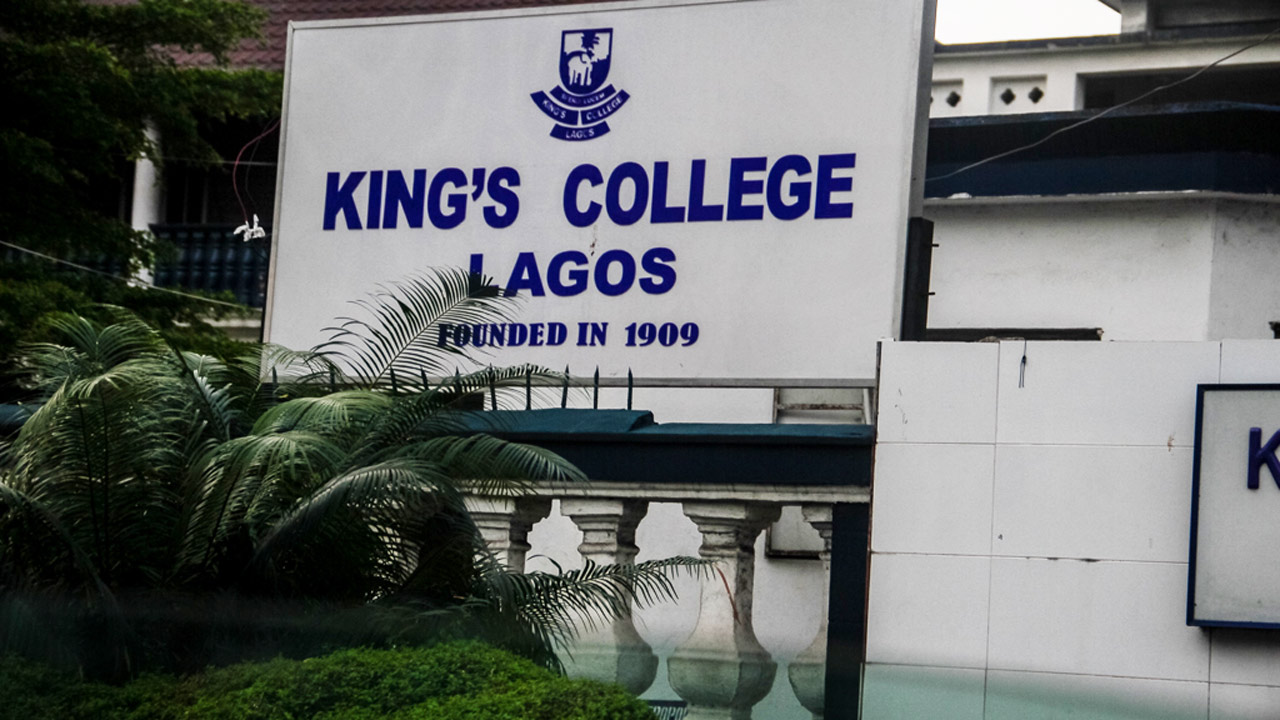
U.S. institution gets nine times more than local counterpart
State universities in the country are growing in number, but the funds to run them only come in trickles. According to the budgets of 27 states examined by The Guardian, the total amount allocated to 35 such universities in 2016 by the owner-state governments was N106 billion. In contrast, the 2016 operating revenue of the New York State University (NYU) financed by the government of the state of New York and estimated at N940 billion ($3.075 billion), was nearly nine times higher, using the official exchange rate of N305 to a dollar.
States such as Ondo, Benue, Kano and Edo operate more than one university with budgets smaller than that of a high school in the United States. For example, the 2016 budget allocated by Ondo State to two of its universities, Adekunle Ajasin University (AAU) and Ondo State University of Science and Technology, was valued at N3.6 billion, about six per cent less than N3.8 billion budget of the Eleanor Roosevelt High School (ERHS) in New York. The total enrolment at AAU is over 20,000 while the student population at ERHS is about 4,000, according to the data published on the websites of the two schools.
In addition, the total amount each state government allocated to colleges of education and polytechnics in 2016, compared to the amount allocated to universities, is much lesser. For example, while the Benue State government allocated N6.7 billion to the Benue State University in 2016, it provided only N1.8 billion to the state polytechnic in Ugbokolo; N504 million to the College of Advanced and Professional Studies, Markurdi; N 2.2 billion to the College of Education in Katsina-Ala; N1.6 billion to the College of Education, Oju and N1.4 billion to Benue State University College of Health Sciences. Therefore, the total budget for all tertiary institutions in the state in 2016 was N14.2 billion, representing less than two per cent budget of the NYU in the same year.
State governments such as Oyo and Osun are finding it hard even to fund Ladoke Akintola University of Technology (LAUTECH) which they co-own. The university has been shut down for over 14 months, yet the Oyo State government recently announced the birth of another university, Technical University ( TechU) with a seed fund of N250 million, less than $1 million.
Similarly, the Ogun State government that is struggling to effectively fund Olabisi Onabanjo University, Tai Solarin University of Education and its other colleges, is about to establish a new institution to be known as Moshood Abiola University of Technology.
Though the United Nations Educational, Scientific and Cultural Organisation (UNESCO) recommends that government should earmark at least 26 per cent of the total annual budget to education, most Nigerian state governments do not meet this requirement.
While launching Tech-U in June, Governor Abiola Ajimobi assured that it would produce exceptional graduates who are not only socially conscious but technically competent enough to turn around the fortunes of Oyo State.
But academics are skeptical about the fate of the TechU and MAUTech. They told The Guardian that the institutions would not be different from many other under-funded universities spread across the 36 states of the federation. They said governments’ creation of universities was mainly to advance political interest, and not necessarily for the purpose of gaining knowledge.
Though it was difficult getting necessary data on the funding of some state universities, the realities are likely to be the same. Lagos State is not transparent about its budget. The budget details are not published as required by the Freedom of Information Act.
According to the President of the Academic Staff Union of Universities (ASUU), Prof. Biodun Ogunyemi, university education attracts the least attention of the owner- governments, and most governors do not care about the deplorable state of their institutions.
He said: “This deplorable condition of infrastructure and nonchalant attitude were parts of the issues that were addressed during the 2009 negotiation and subsequent FGN-ASUU Agreement. Owners of state universities actively participated in the negotiation and subsequent agreement through the Committee of Pro-Chancellors of State Universities. Yet many state governments have refused to fully implement the provisions of the agreement, erroneously dissociating themselves from the spirit and letters of the pact. It is unimaginable that the same state governments that refused to honour the 2009 FGN/ASUU Agreement are gleefully encouraging their institutions to draw from Tertiary Education Fund (TETFund) grants and Needs Assessment Intervention Funds which have their roots in extant agreements and Memorandum of Understanding (MoU) between the Federal Government and ASUU. This is unacceptable to our union and we shall do all within our powers to stop state governments from speaking with both sides of their mouth.”
The National President, Education Rights Campaign (ERC), Hassan Taiwo Soweto, also holds politicians responsible for the poor condition of the universities at the state level.
According to him, the penchant for establishing universities by state governors without adequate funding is a reflection of the crude, backward-looking and self-serving mentality of the nation’s politicians who are often seeking cheap popularity and short-term means of inscribing their names in history.
“They would like it to be said that it was this or that person who established the university while he was the governor. It is the same syndrome that is responsible for the widespread practice whereby a state government renovates two or three blocks of classroom out of 10 decrepit classrooms in a public primary or secondary school and then inscribes on them the name or alias of the governor in bold letters as if it was the governor’s personal resources that were spent to renovate the classrooms.”
Meanwhile, a former Vice Chancellor, University of Lagos ( UNILAG), Prof. Tolu Odugbemi has asked the National Universities Commission (NUC) to give stringent conditions for licensing a new university, and wield the big stick against those who violate the regulation.






